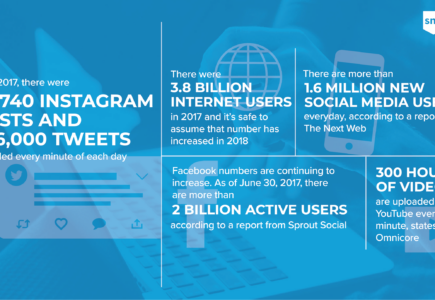Social media is a huge part of our lives. You can find food diaries, political opinions, pictures of family and friends, and videos. Because we share so much of our lives online, information from social media accounts has played a key role as evidence in countless legal cases. This includes cases related to product liability, personal injury, class action, and employment law. But there are ethical rules and best practices for social media discovery.
Data residing on social media platforms is subject to the same duty to preserve as other types of electronically stored information (ESI). The duty to preserve is triggered when a party reasonably foresees that evidence may be relevant to issues in a case. At that point, they are required to preserve that information. Failure to preserve can lead to sanctions.
There are right and wrong ways to preserve evidence. And there is a big difference between taking a screenshot or downloading a pdf to document social media evidence and truly preserving that evidence.
Discoverability
The right to privacy of the user is a common issue when attempting to admit social media evidence. Many believe that activity and information on their social media accounts is private and not subject to investigations or discovery during litigation. But courts have consistently rejected this argument. Private profile status is not the same as not public status. Parties in litigation are entitled to the discovery of all relevant non-privileged information.
How to preserve
There are many ways to preserve evidence on social media. Many social media platforms provide users with the ability to download their information. Facebook users can download a zip file containing timelines information, messages, posts, and photos, and data on their behavior. Twitter offers a similar option, but it must be requested directly via their support team. Instagram and LinkedIn also allow their users to download the data associated with your account from within the account settings. Employing a third party to help discover and properly preserve information is often the best step, especially when trying to preserve information for a legal matter, especially when addressing concerns over compliance and the chain of custody.
Failure to preserve evidence
Attorneys and their clients may be subject to sanctions for failing to preserve relevant evidence. Cases in which attorneys and clients have deleted information from social media accounts have led to sanctions ranging from requiring parties to provide the missing information to instructing a jury to consider any missing information to be against the involved party. In some instances, technology enables accounts to be rewound and missing or removed information to be found and admitted as evidence when not properly preserved.
Our team of experienced analysts can export and preserve social media and online evidence. We regularly provide curated reports with relevant results for use in your investigations. SMI analysts are accredited in social media research to ensure compliance and produce the highest quality search results.
Contact us today to learn more about how SMI Aware can help.




